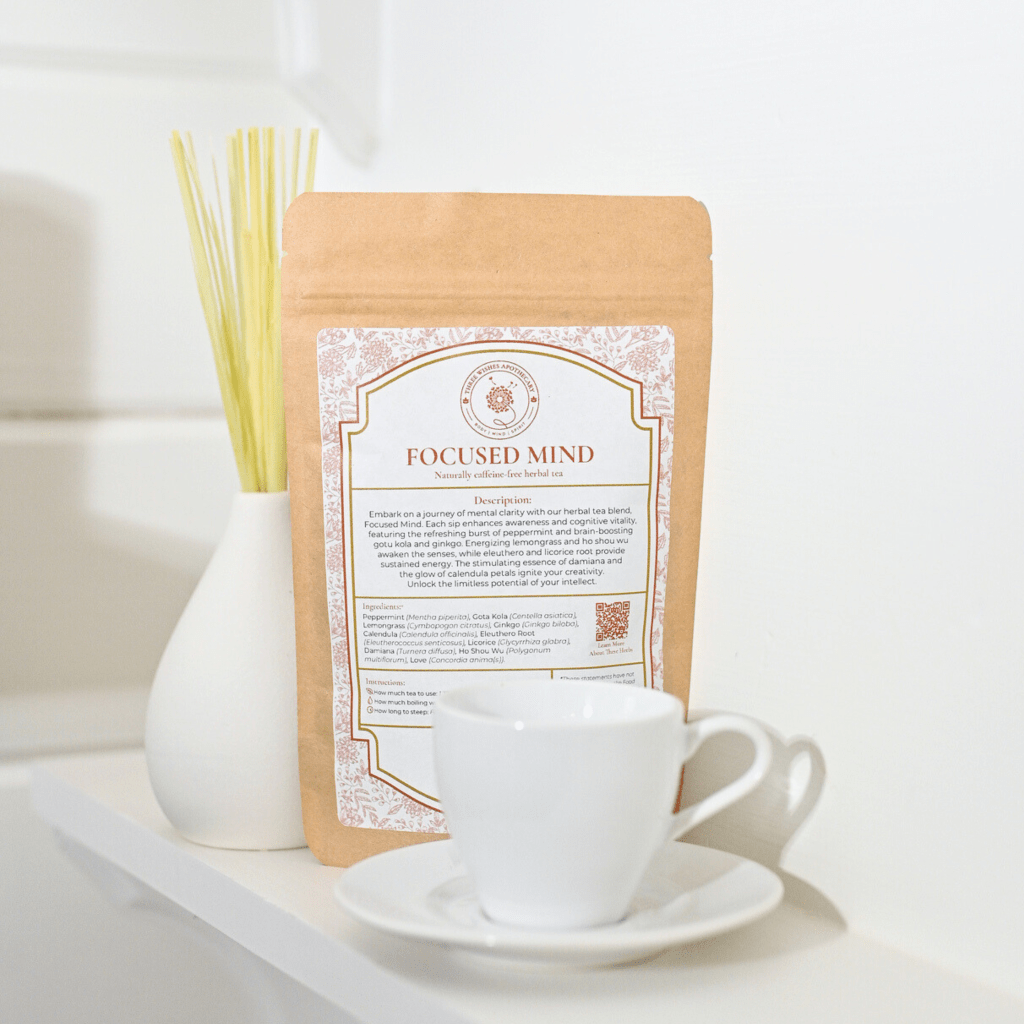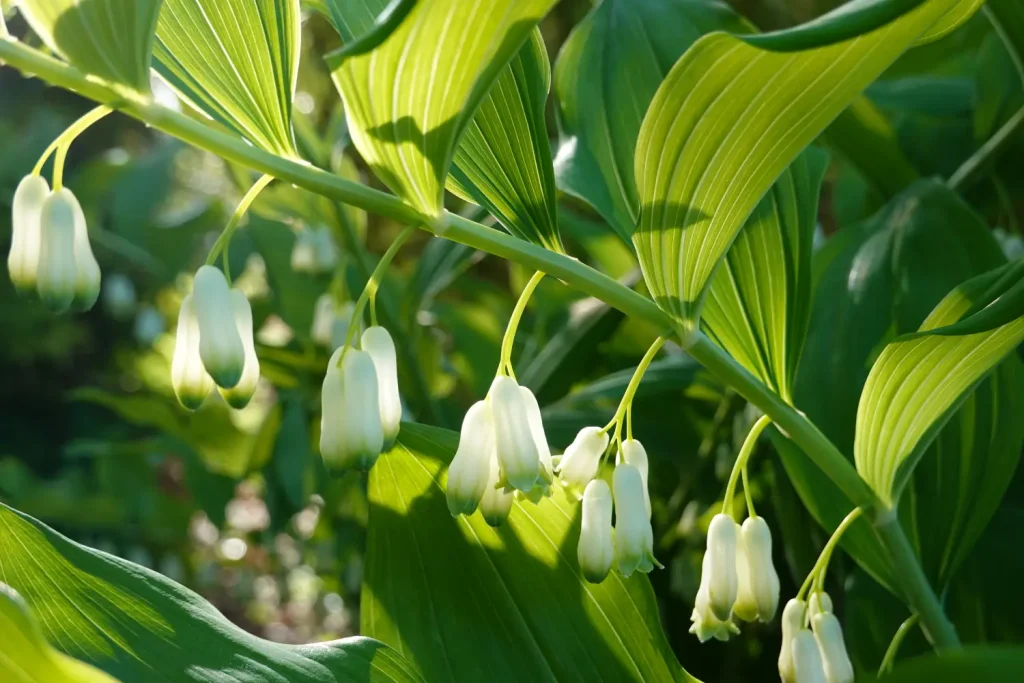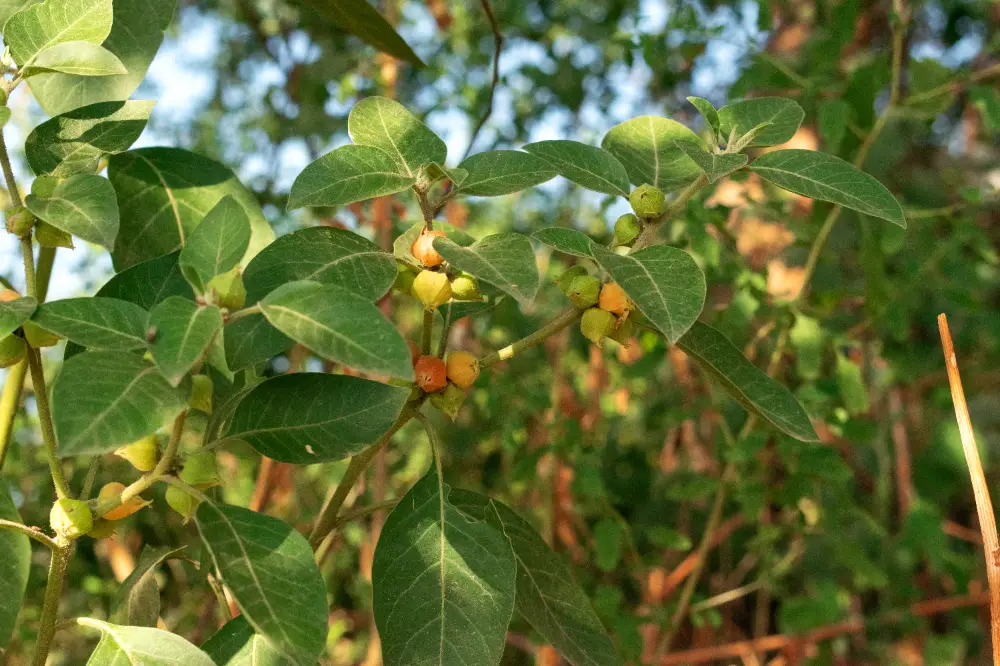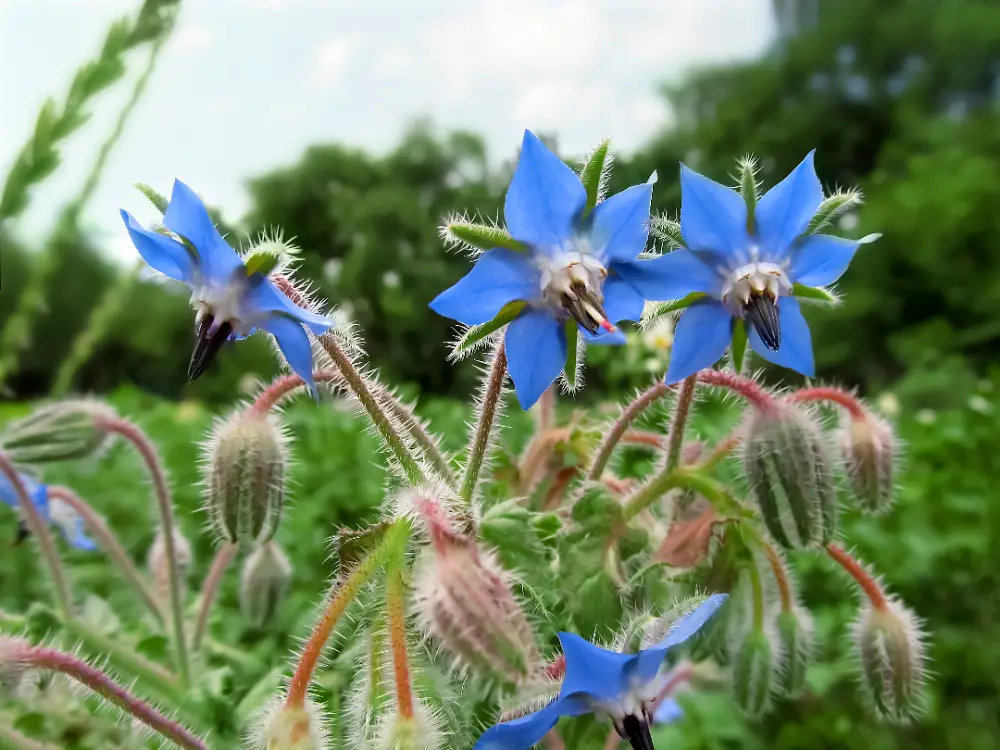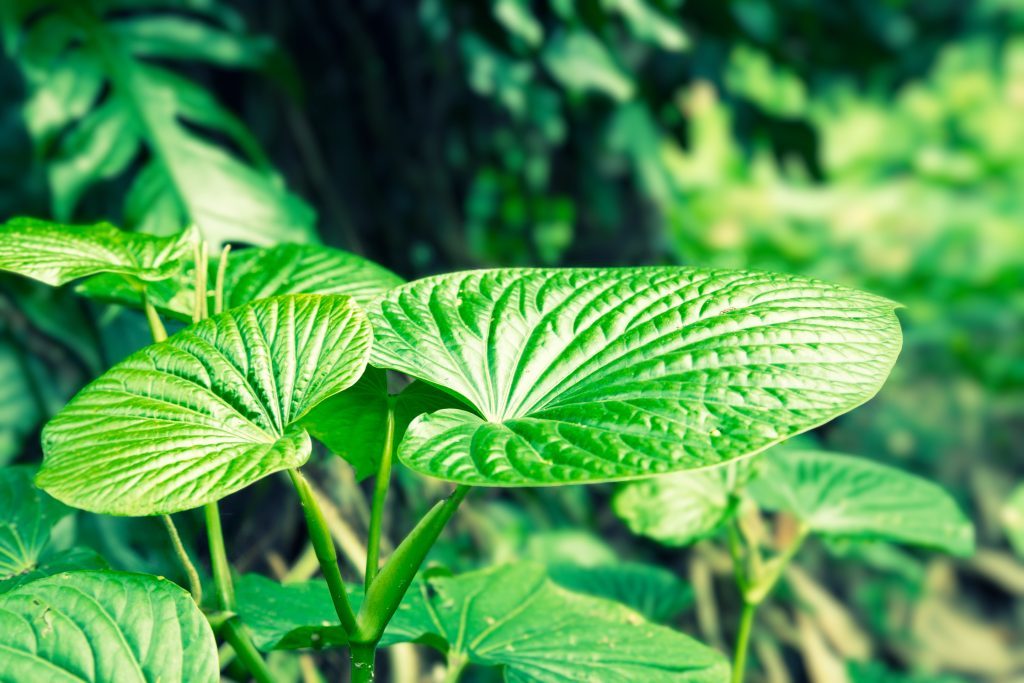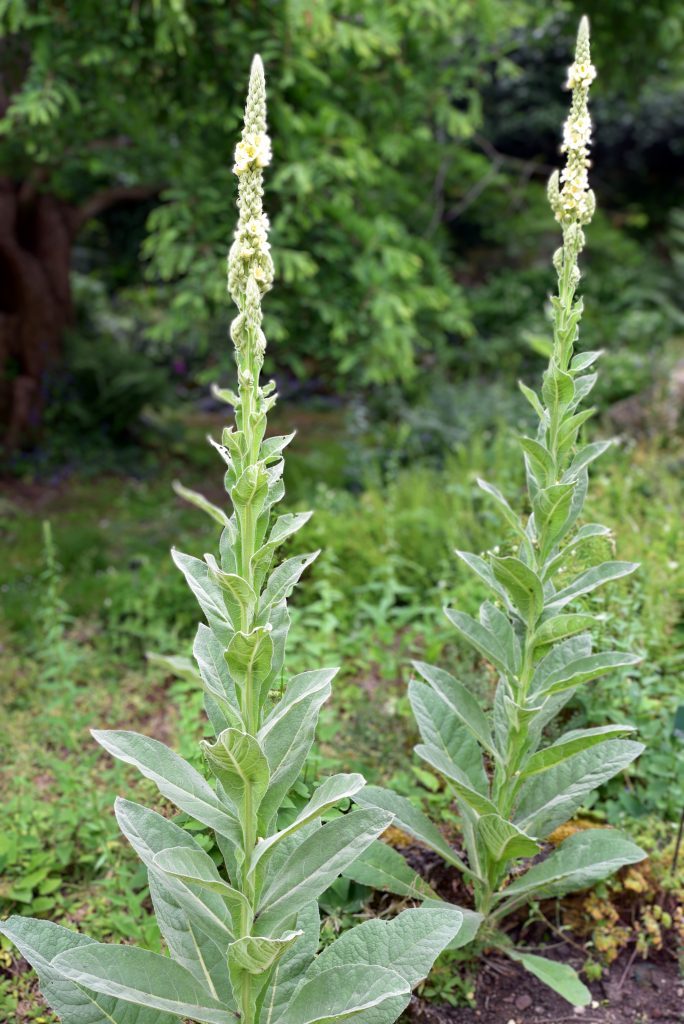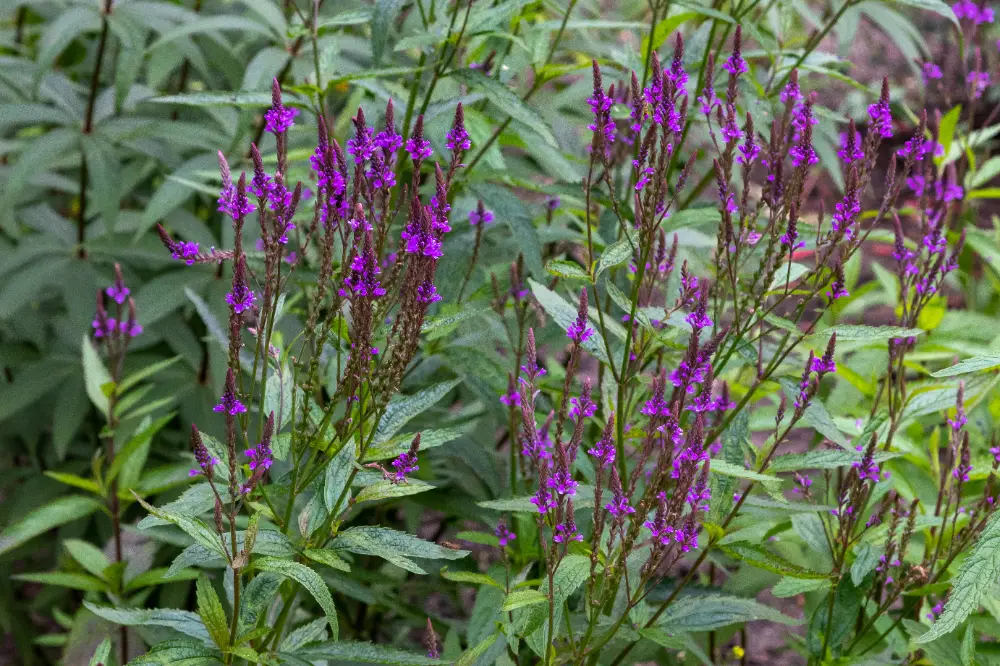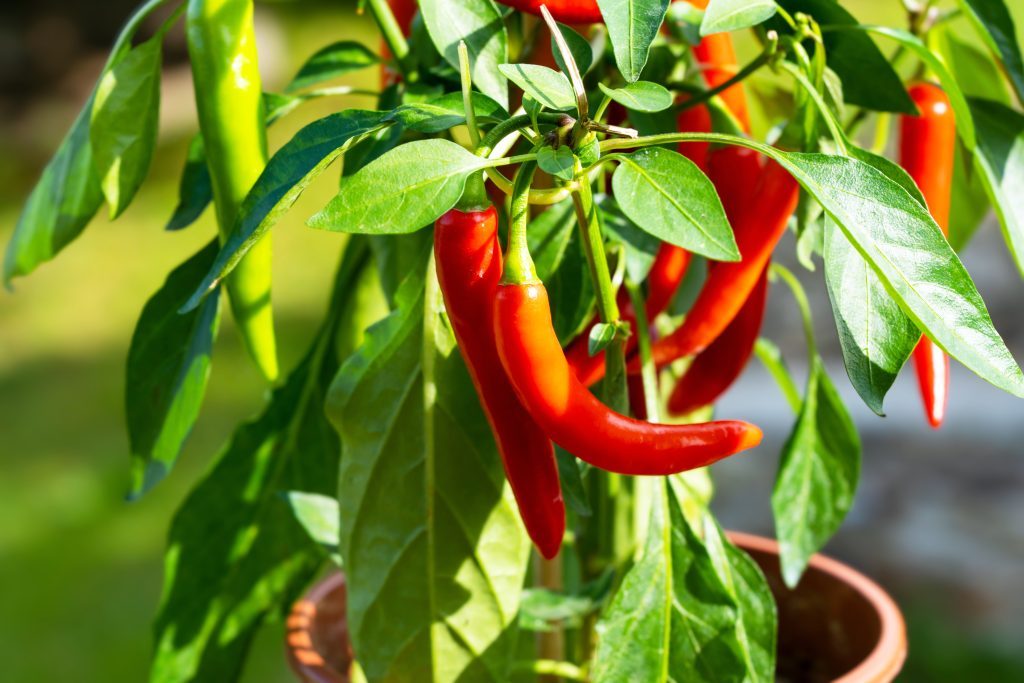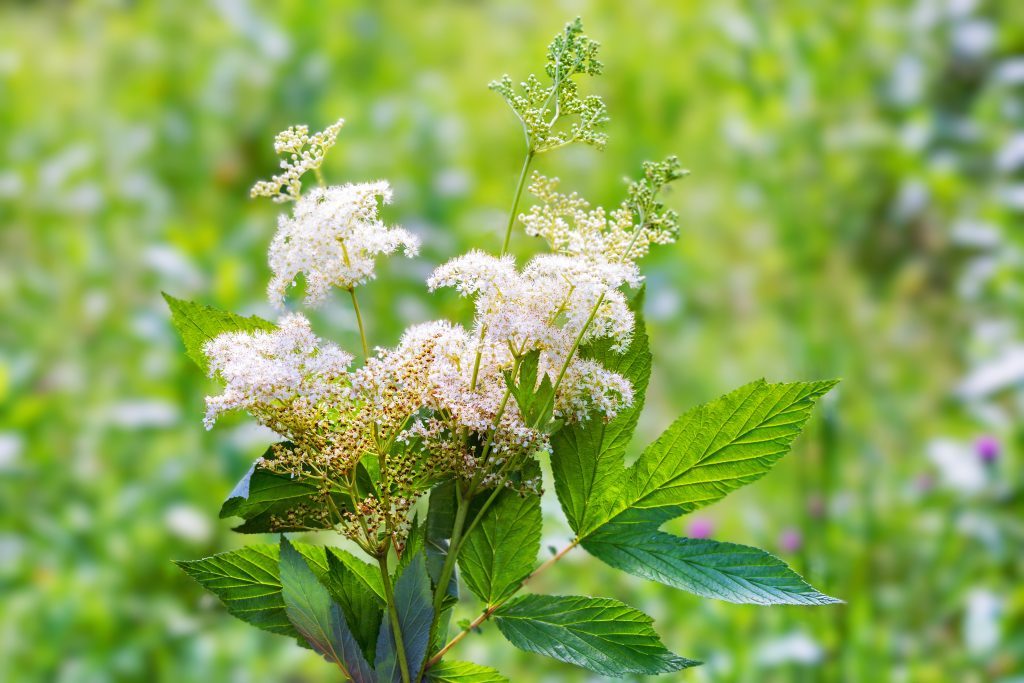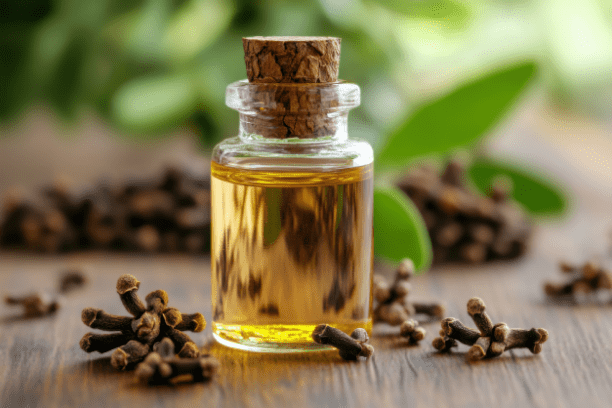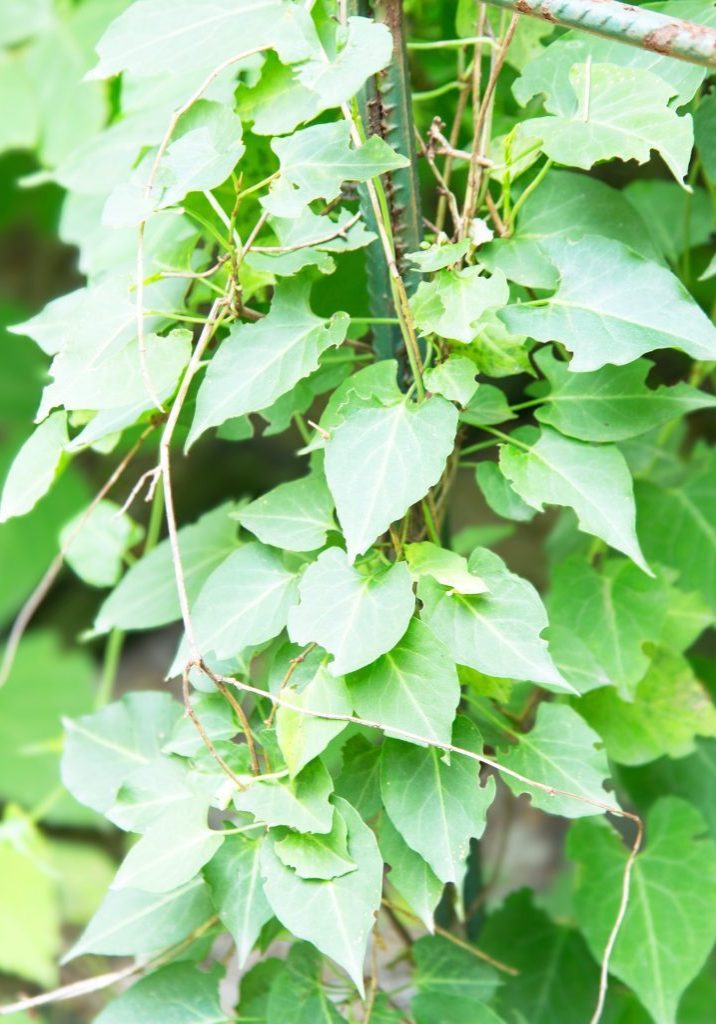
Ho-shou-wu
Polygonum multiflorum
Polygonaceae (Knotweed Family):
He Shou Wu, also known as Fo-Ti, is a traditional Chinese herb valued for its
use as a sexual tonic.
Other names:
Chinese (climbing) knotweed, He-shou-wu, (Fo-Ti is a misnomer)
Superpower
The ability to rejuvenate and restore vitality, especially for the hair, skin, and kidneys. Known as an anti-aging herb, it is traditionally used to reverse graying hair, support longevity, and enhance fertility.
Chinese Medicine: He Shou Wu has been used for centuries in Traditional Chinese Medicine (TCM) to nourish the liver and kidneys, which are seen as the source of vital energy (Qi). It is classified as a tonic herb, strengthening the blood, essence (Jing), and Yin. Traditionally, it is believed to reverse gray hair, promote longevity, and enhance fertility. It is also used to calm the nervous system and improve mental clarity.
Energy and Stamina: He Shou Wu has been employed in Chinese cultures to boost energy and endurance, making it a favored herb for those looking to restore strength and vitality after illness or during periods of weakness.
Current Uses:
- Hair Health: In modern wellness circles, Polygonum multiflorum is popularly used to prevent hair loss and reverse graying due to its reputation for supporting hair follicle health and melanin production.
- Longevity Tonic: The herb is often included in longevity formulas or consumed as a daily tonic to support youthful energy, skin health, and vitality. It is also considered a mild adaptogen, helping the body manage stress and restore balance.
- Cardiovascular Support: Recent research suggests that He Shou Wu may have benefits for cardiovascular health, helping to reduce cholesterol levels and improve circulation.
- Cognitive Health: The herb has been studied for its potential neuroprotective properties, indicating possible benefits for memory and cognitive function as part of an anti-aging protocol.
Cautions
Toxicity:
- Liver Toxicity: In rare cases, high doses of He Shou Wu, particularly in its raw form, have been associated with liver toxicity. Prepared (processed) He Shou Wu is considered safer, but it’s recommended to monitor for signs of liver stress, such as fatigue, jaundice, or abdominal pain, if using high doses for prolonged periods.
Contraindications:
- Pregnancy and Breastfeeding: While He Shou Wu is considered a Yin tonic, its safety during pregnancy and breastfeeding has not been well established. It’s recommended to avoid its use during these times unless supervised by a healthcare provider.
- Liver Conditions: Due to its potential for causing liver issues, individuals with pre-existing liver conditions should use He Shou Wu with caution or avoid it altogether.
Interactions:
- Blood Thinners: He Shou Wu may have a mild blood-thinning effect, so it is advisable to use caution when taking anticoagulant medications like warfarin or aspirin.
Known Chemical Constituents
Anthraquinones:
Emodin and chrysophanol are the key anthraquinones responsible for its laxative properties and detoxifying effects. These compounds also have anti-inflammatory and anticancer potential.
Emodin Glycosides:
These are glycosylated forms of emodin, which enhance its bioavailability and extend its range of effects, particularly related to liver health and blood circulation.
Tannins:
Tannins contribute to He Shou Wu’s astringent properties and support gut health while also having antioxidant effects.
Stilbenes:
Tetrahydroxystilbene glucoside (TSG), a key stilbene, is associated with the herb’s anti-aging and neuroprotective properties.
Phytosterols:
Beta-sitosterol, which is known for its ability to lower cholesterol and provide anti-inflammatory benefits.
Polysaccharides:
Support immune function by promoting white blood cell activity.
Iron:
Provides support for blood health and addresses blood deficiency conditions.
Botanical Description
Growth Habit:
Polygonum multiflorum is a twining vine that can grow up to 2-4 meters in height. It is a perennial herb with long, trailing vines that wrap around other plants or structures.
Leaves:
The leaves are heart-shaped, deep green, and arranged alternately along the stems. The leaves have smooth edges and a glossy texture.
Flowers:
The plant produces small, white or pale pink flowers in late summer to early fall. These flowers are arranged in clusters at the ends of the vines and are pollinated by insects.
Fruits:
The fruits are small capsules, each containing a single seed. They appear after the flowers fade and are dispersed by wind.
Roots:
The roots of Polygonum multiflorum are the most important medicinal part of the plant. They are thick and tuberous, often red-brown on the outside with a yellowish interior. The roots are harvested for their powerful medicinal properties.
Habitat:
He Shou Wu grows naturally in mountainous regions of China, Japan, and Taiwan. It prefers well-drained soils and can thrive in partial shade.
Fun Facts
Fo-Ti is often referred to as the “elixir of life” and has been used traditionally to promote longevity and youthful vigor.
Parts Used
Root
Harvest
Roots:
The roots of He Shou Wu are the most important medicinal part of the plant. They are typically harvested in the autumn, after the plant has been growing for at least three to four years to ensure maximum potency. The best time to harvest is when the roots are mature, thick, and fleshy, which ensures the highest concentration of beneficial compounds.
Preparation:
After harvesting, the roots are usually washed, sliced, and either used fresh or dried. In Traditional Chinese Medicine, He Shou Wu is often prepared by boiling the root in black bean soup, which enhances its tonifying properties and makes it more suitable for long-term use. The processed form of He Shou Wu is preferred over the raw form, as it reduces the risk of liver toxicity and enhances the herb’s nourishing effects.
Sustainability:
He Shou Wu is generally cultivated in controlled environments, ensuring a sustainable harvest. It is important to source organically grown He Shou Wu from ethical suppliers to avoid exposure to pesticides and other contaminants.
Preparations
Processed (Prepared) Root:
The most common and traditional preparation of He Shou Wu is the prepared (processed) root, which is cooked in a black bean broth. This preparation enhances its tonifying and nourishing properties, particularly for blood and Yin deficiency.
Tea or Decoction:
The dried and prepared root can be simmered into a decoction for daily use as a tonic. The tea is used for long-term consumption to boost vitality, promote healthy hair, and support longevity.
Powder:
The dried root is ground into a powder, which can be mixed into smoothies, teas, or other food preparations. Powdered He Shou Wu is a convenient way to incorporate it into daily wellness routines.
Tincture:
A tincture of the root is commonly available, which offers a concentrated form of He Shou Wu. The tincture can be taken daily to help with hair health, energy levels, and emotional stability.
Capsules:
For ease of use, He Shou Wu is often available in capsule form. This is especially useful for those looking for a daily supplement to promote overall health and longevity.
Sacred Rituals
Daoist practitioners often consume this herb to strengthen their Jing (Essence), which is believed to be the foundation of physical vitality and spiritual growth.
Affirmations
“I am nourished by the essence of life. My body, mind, and spirit are in harmony, and I embrace the vitality and wisdom of my journey.”
Spiritual Associations
In Chinese legend, He Shou Wu is known as the “herb of immortality,” believed to restore youthful energy and vitality. Spiritually, it is associated with longevity and the cultivation of life force energy (Qi) to maintain vitality into old age.
Functions
A substance or agent that reduces inflammation in the body, soothing irritation, swelling, or redness in tissues.
Antioxidant
A substance or agent that neutralizes free radicals, preventing oxidative damage to cells and tissues.
Hair HealthThe condition, strength, and appearance of hair, influenced by factors such as nutrition, scalp health, and hormonal balance.
Hair TonicA substance or herbal preparation that nourishes the scalp, strengthens hair follicles, and promotes healthy, vibrant hair growth.
HepatoprotectiveA substance or agent that helps protect the liver from damage caused by toxins, inflammation, or disease, and supports its regeneration and overall function.
HypolipidemicA substance or agent that helps lower lipid levels in the blood, including cholesterol and triglycerides, to support cardiovascular health.
Laxative mildA substance or agent that gently stimulates bowel movements without causing irritation or dependency, promoting natural elimination.
Liver HealthThe optimal functioning of the liver, which plays a critical role in detoxification, metabolism, digestion, and overall bodily health.
LongevityLongevity refers to the duration of an individual’s life, often emphasizing the quality and health span—the period of life spent in good health and free from chronic disease.
NeuroprotectiveA neuroprotective is a substance or intervention that protects the nervous system, particularly the brain and spinal cord, from damage caused by oxidative stress, inflammation, or neurotoxins.
Thyroid healthThe proper functioning of the thyroid gland, which regulates metabolism, energy levels, and hormone balance through the production of thyroid hormones.
VitalityThe state of being strong, energetic, and full of life, encompassing physical, mental, and emotional well-being and resilience.

